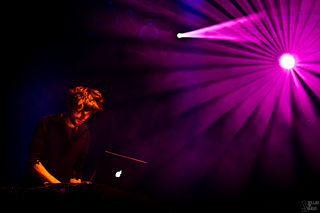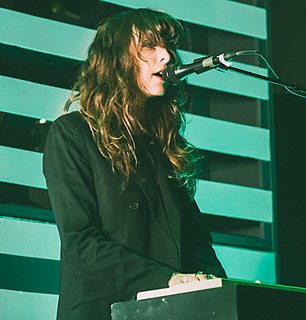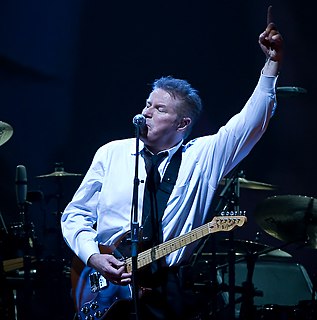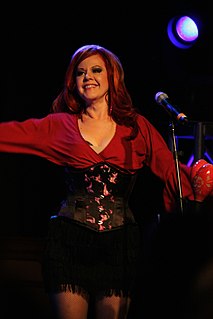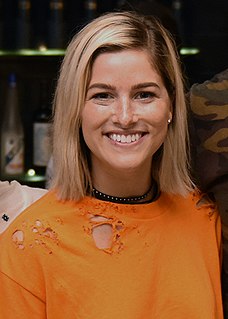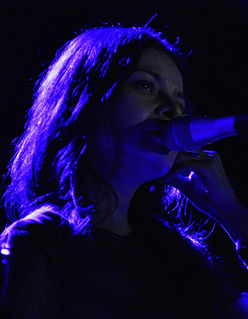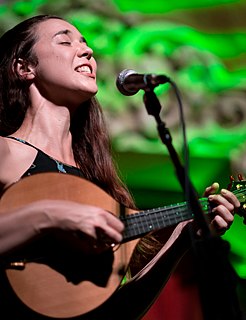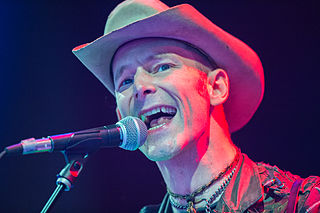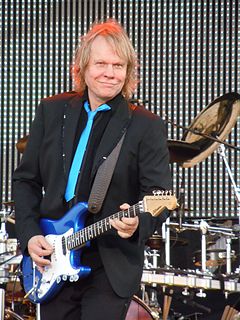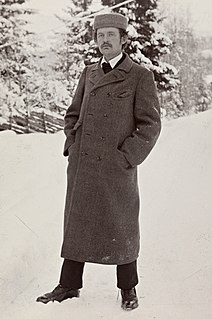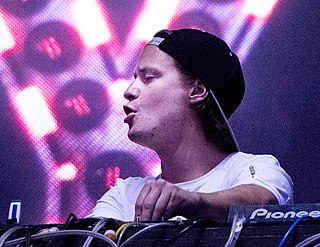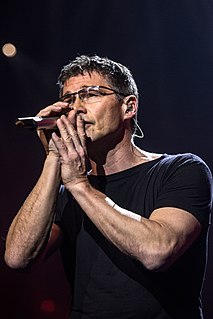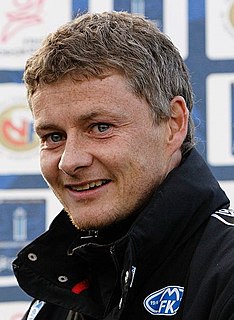A Quote by Hans-Peter Lindstrøm
Working on my own vocals is something I've been avoiding. But, I'm constantly thinking of ways to be able to include my own vocals without getting embarrassed. Even John Lennon wasn't comfortable on hearing his voice.
Related Quotes
Lennon's was one of the first voices I emulated when I began to sing. When we held tryouts in my pal's dad's living room for the singer in our band, I sang a Beatles song that Lennon sang. There is something about the timbre of his voice, something that it conveys, that still gets to me. The quality and the poetry of his lyrics. The wry sense of humor. And the boyishness, in the beginning. There are a great many things that touch me about him... Lennon was, to put it in his own words, a 'working-class hero.'
The thing that separates Sophie from the music I do for other people is that it's 100% written by me. In the past, I've written my songs and then asked friends if they could record the vocals. I didn't want to use my own voice, because other people have much better voices. I was hearing the music with a voice that I don't have.
In the past, I've written my songs and then asked friends if they could record the vocals. I didn't want to use my own voice, because other people have much better voices. I was hearing the music with a voice that I don't have. It was a case of pulling whatever resources I had to get the sound I wanted, but that doesn't take anything away from the authorship. They are songs written by me that sound the way I want them to sound. Whether it's my voice or someone else's doesn't make a difference to the music.
Clearly the hardest thing for the working artist is to create his own conception and follow it, unafraid of the strictures it imposes, however rigid these may be... I see it as the clearest evidence of genius when an artist follows his conception, his idea, his principle, so unswervingly that he has this truth of his constantly in his control, never letting go of it even for the sake of his own enjoyment of his work.
